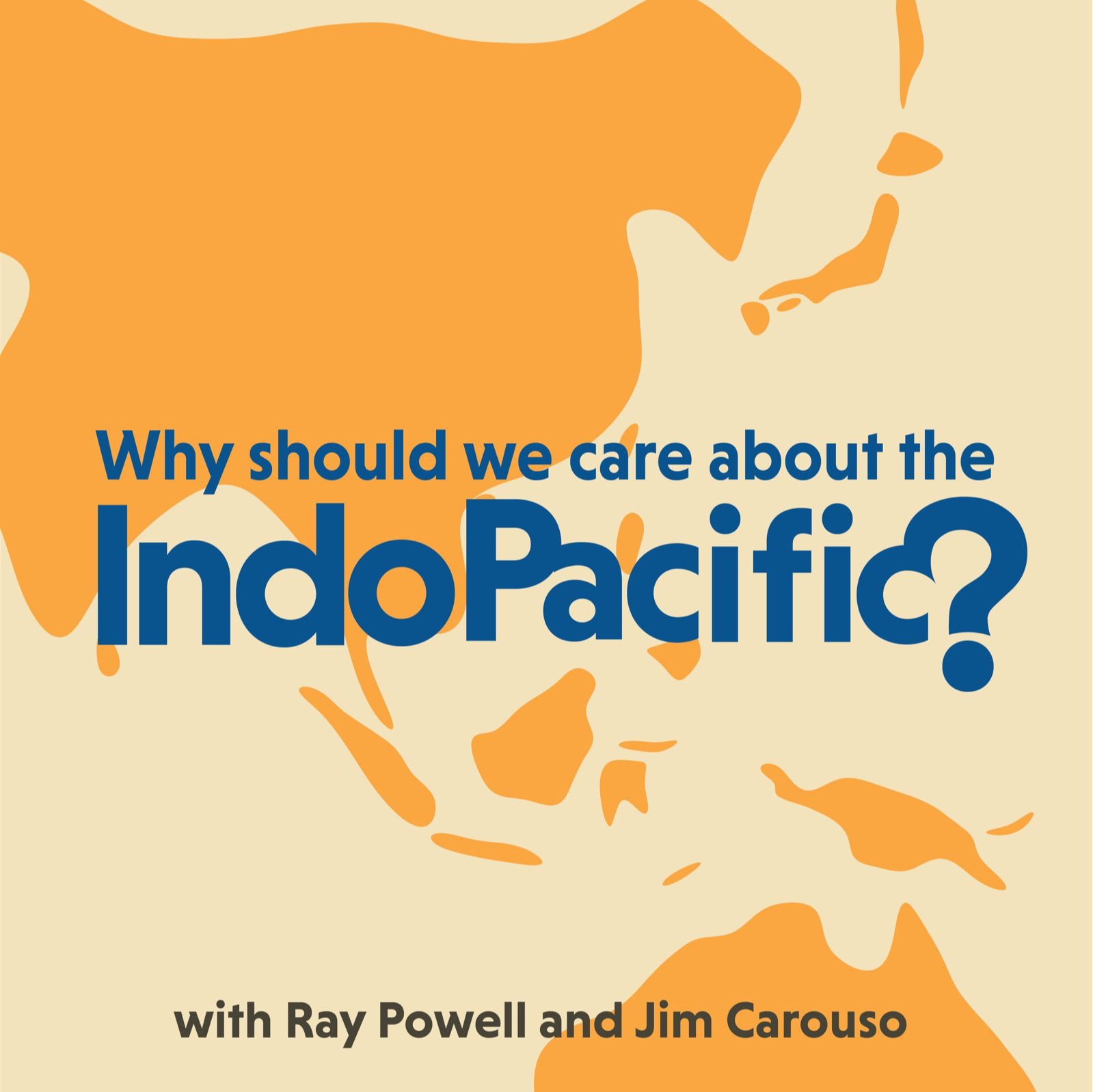
Why Should We Care How Southeast Asia Responds to Trump’s Tariffs?

Why Should We Care About the Indo-Pacific?
Deep Dive
Shownotes Transcript
In our second post-“Liberation Day” episode we are joined by John Goyer), Executive Director for Southeast Asia for the U.S. Chamber of Commerce, to discuss the impact of America’s now-suspended tariff increases on Southeast Asian countries and on the U.S.
John observes that American consumers are likely to experience significant price increases if these tariffs go into effect, since the reason U.S. businesses import from Southeast Asia is because it can get goods less expensively than if they are made in the United States. Meanwhile, both stock and bond markets have reacted very dramatically to each new announcement, and some economists are warning that the U.S. could tip into a recession if they go into full effect.
Southeast Asian countries are already navigating a complicated relationship with China, whose economy has been relying on exports. Beijing’s fraught trade relationship with the U.S. has left it with huge surpluses of goods, many of which have been dumped into neighboring countries. China has also been using Southeast Asia as a place to trans-ship goods to avoid U.S. tariffs.
Vietnam, whose tariffs were announced at the rate of 46 percent, actually has fairly low tariffs on U.S. goods, so will need to find other ways to satisfy the Trump Administration. This may include reducing restrictive policies and regulations or purchasing more U.S. goods.
While some Association of Southeast Asian Nations countries have suggested a unified response, ASEAN has not been effective in moving quickly as a bloc. As a result, each country is likely to seek its own deal.
On the question of who the winners might be in a trade war, John observes that it’s not easy to move manufacturing. These are complex, expensive decisions, and companies will be deliberate and measured in their responses.
Learn more about John Goyer at the U.S. Chamber of Commerce), or follow him on LinkedIn).
Follow us on X, @IndoPacPodcast); or on LinkedIn) or BlueSky) at our show title, Why Should We Care About the Indo-Pacific?
Follow Ray Powell on X (@GordianKnotRa)y) or on LinkedIn).
Follow Jim Carouso on LinkedIn).
Our podcast is produced by IEJ Media), sharing news that matters on statecraft & instruments of national power. Follow IEJ Media on X (@iejmedia)), and follow our producer Ian Ellis-Jones on X (@ianellisjones)) or on LinkedIn).
This podcast is sponsored by BowerGroupAsia), a strategic advisory firm that specializes in the Indo-Pacific.